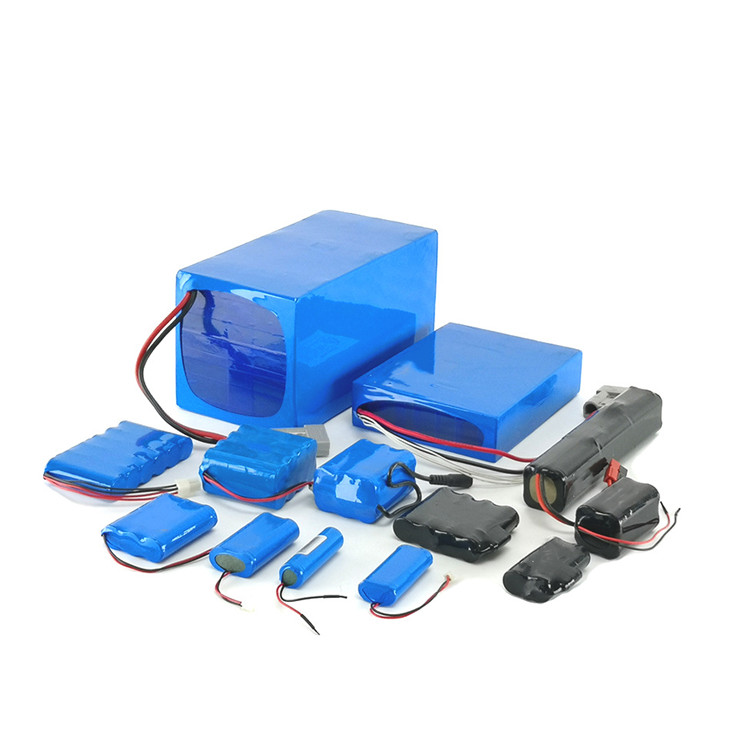Battery energy storage has become the mainstream of energy storage industry
May 27, 2020
Electrochemical cells have existed for more than 100 years and solar photovoltaic (PV) panels have been in use for half a century. In the early days of solar energy development, users deployed photovoltaic panels far away from power lines or gas stations to recharge batteries. The batteries are powered by satellites, weather stations and remote houses. At the beginning of this century, people began to connect photovoltaic systems directly to the power grid. By incorporating battery energy storage into new building regulations and safety standards, it is clear that today’s mainstream energy storage has become mainstream.
initially, grid connections were purely for scientific or ideological reasons, and as regions and businesses provide incentives as well as solar photovoltaic cost reduction curves, people use solar photovoltaic to save on electricity. For the first time in 2004, photovoltaic systems without batteries were installed more than battery-based systems —— By 2010, solar energy storage systems were classified as a small part of the booming solar industry. But now the industry is fully developing.
In October 2015, Hawaii’s Public Utilities Commission became the first U.S. agency to begin limiting direct grid PV installation because of the impact of midday power exports on the local grid. The new system will not allow the remaining power to be sent back to the grid indiscriminately. because the number of businesses still installing off-grid and backup systems is small but thriving, many hawaii solar customers deploy batteries to ensure that their photovoltaic output energy storage is used at night rather than pushed back to the grid.
Since then, utility rates in several more states have become more complex, in part to prevent the export of solar photovoltaic power to the grid in anachronistic times. industry is responding by providing batteries to most new solar customers. Although the increased cost of batteries makes the financial returns of these photovoltaic systems less substantial than the direct grid model, batteries provide additional flexibility and control to system owners —— which are increasingly important to consumers and businesses. all industry signs are clear: energy storage will be part of most future solar photovoltaic systems.
For a long time, off-grid and photovoltaic standby suppliers have quietly supported solar energy storage applications, while the largest solar photovoltaic installers in the united states, such as Sunrun,SunPower and tesla, have begun providing battery products to their customers in the past few years. Both companies continue to report a sharp increase in their share of conventional pure photovoltaic products in battery sales. The appearance of lithium ion batteries with good packaging and long life makes energy storage more attractive to consumers.
When the giants of the solar industry begin to support batteries, their marketing, information, and political influence raise awareness among consumers, businesses, and governments. their small competitors will also participate, so that they will not lag behind.
Now, one of the most reliable signs of batteries becoming mainstream in homes and businesses is to include them in the latest regulations and standards. Building and electrical codes issued in 2017 and 2018 recognize batteries, but rarely adhere to the new UL 9540 safety test standards.
After fruitful contacts NFPA industry representatives with key national safety regulations, the authoritative battery safety standards national fire protection association (NFPA)855 was released in late 2019. the next round of specifications starting with the national electrical code 2020 has been or will be coordinated with the NFPA 855 to provide inspectors and construction officials with the same level of guidance as HVAC, water heaters and windows, etc.
In addition to ensuring safe installation, these standardization requirements also help building officials and inspectors to continuously implement safety requirements, which makes them more comfortable in handling batteries and related equipment. as inspectors and officials develop procedures to allow the installation and approval of battery installations, the risks and times associated with these critical steps decrease, resulting in shorter project times, lower costs and improved customer experience. As with previous indicators, this is a positive strengthening cycle that will continue to drive growth in the rapidly maturing field of solar energy storage.
As more and more batteries are added to the grid, many exciting applications are possible. a number of virtual power plant (VPP) type schemes have recently been established in both coasts to enable households and businesses to use their profitable battery systems to provide basic services to maintain grid stability.
Utilities continue to break through the limits with increasingly complex rate structures that can more accurately reflect their cost and the environmental impact of real-time power supply. Customers increasingly need energy storage to control electricity bills. As climate change leads to more extreme weather and associated power outages, the value and importance of backup and resilience will only increase. In the process, the cycle will continue to accelerate and strengthen.
For more information about batteries,please contact :sales@customizedbattery.com








 Sales
Sales Sales
Sales Sales01
Sales01
 Sales Manager
Sales Manager